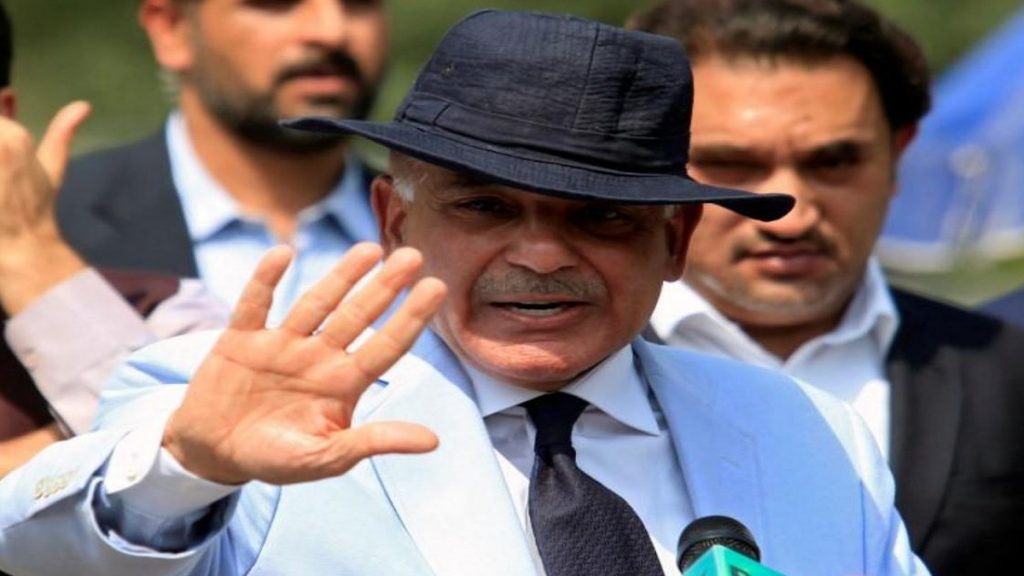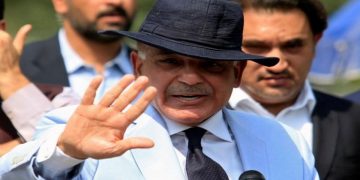
Ismail, unveiling the budget for the 2022/23 fiscal year that starts in July, said that it would raise taxes on the rich, ban the import of cars and the buying of new vehicles by government officials. It was not immediately clear if the ban related just to official vehicles or those for personal use.
The nation of 220 million people is facing a balance of payments crisis, with foreign reserves falling below $10 billion, hardly enough for 45 days of imports, and a widening current account and ballooning fiscal deficits.
Ismail, unveiling the budget for the 2022/23 fiscal year that starts in July, said that it would raise taxes on the rich, ban the import of cars and the buying of new vehicles by government officials. It was not immediately clear if the ban related just to official vehicles or those for personal use.
The government would target a fiscal deficit of 4.9% of gross domestic output for 2022/23, sharply lower from 8.6% in the current year, Ismail said.
He said the government would target raising 96 billion Pakistani rupees from privatisation.
One of the key steps towards meeting the IMF’s conditions, the removal of costly fuel subsidies, has already been implemented by the government, with fuel prices being raised by 40%.
Ismail said the government would aim for economic growth of 5% in 2022/23, down from 5.97% for the current fiscal year that ends on June 30.
The government set the total expenditure target at 9.5 trillion Pakistani rupees for 2022/23. Ismail said he expected inflation to average around 11.5% for 2022/23.

















